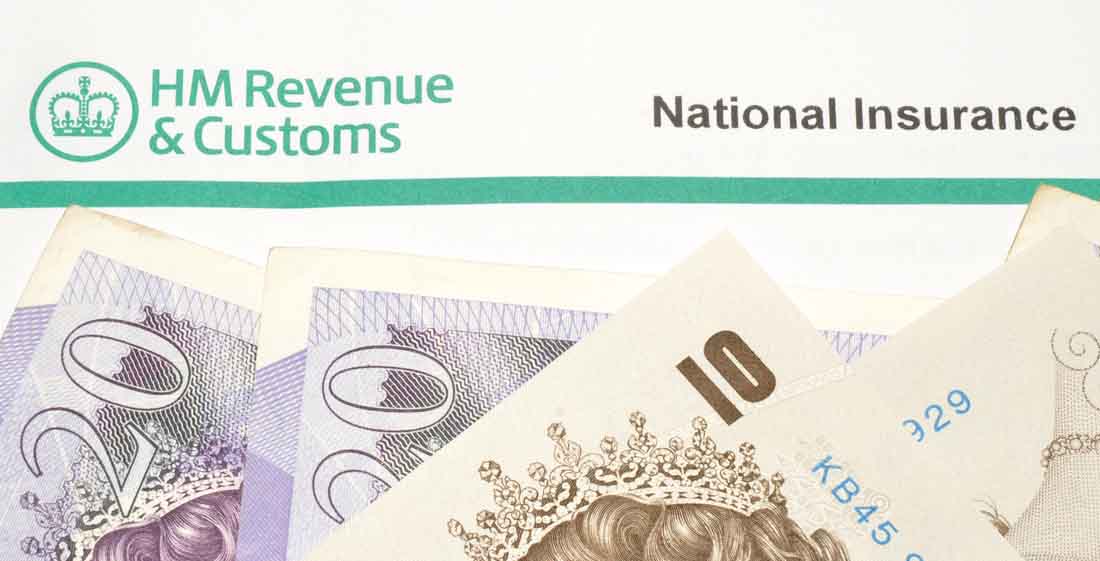07
March 2016
OTS Calls for National Insurance Reform
The Office for Tax Simplification has criticised the current national insurance scheme as “not fit for purpose” and is to call for it to be changed to be more in line with income tax.
The OTS argues that the large differences between the way in which income tax and national insurance contributions are calculated is leading to confusion and that the rise in self-employment and people with multiple incomes makes the need for reform ever more pressing.
They are recommending that the system be changed so that NICs are calculated on a yearly basis, rather than weekly or monthly as they are at the moment.
The difference in the way they are calculated at the moment leads to strange quirks whereby two individuals on exactly the same annual salary could end up paying different amounts in national insurance due to the way in which they are paid.
The OTS is not arguing that national insurance and income tax should be combined into a single rate - something that the OTS’ tax director, John Whiting said is “just not on the table at the moment.
Rather, it is pushing for more alignment and general simplification of the associated processes. The proposals involve each individual being given an NI code, much like current income tax codes.
According to Whiting, this simplification “can be done, but a heck of a lot of people would pay more or less.” If the recommendations are taken on board, it is estimated that around 7.1 million workers would end up better off, and some 6.3 million would end up out of pocket.
Nonetheless, Whiting pushed the urgency of reform, arguing that the system as it is is “struggling to cope” with changes in the employment landscape at the moment – with more and more people working multiple jobs or being self-employed.
The chair of the OTS, Angela Knight, said: “alignment [of income tax and national insurance] will result in gainers and losers for employees and employers and further work is required to dill down through the high level statistics to establish the true situation.
“Then there are 4.7 million self-employed individuals and, for those who pay NICs, aligning with income tax may well result in some paying more although they may receive a greater range of welfare benefits too.
“By highlighting the need for change and shining a light on the difficult areas now, the OTS intends not just to inform, but to use this review to commence a full and informed debate on what changes are necessary, how they could be made and the timetable, the challenges for ‘loser’ groups and how we can make change as seamless and as fruitful as possible.”
The chair of the Institute of Chartered Accountants in England and Wales’ technical committee, Paul Aplin, pointed towards issues related the difference between the levels at which national insurance and income tax respectively become payable.
He said: “one of the absurdities of the current regime is that the personal allowance has moved up significantly over the past few years, taking lots of people out of income tax…but they are still paying national insurance.”
The personal allowance for income tax is currently £10,600, and moving the level at which national insurance becomes payable from £8,600 to match it would incur “big cost[s]” he said.
Aplin also commented on the merging of income tax with national insurance, saying that while it would bring several administrative simplifications, it would be a difficult change to implement and it would take “a brave chancellor to do [so].”
The OTS will present its recommendations to the Treasury who will take them on board as consideration but are not obliged to follow through.





